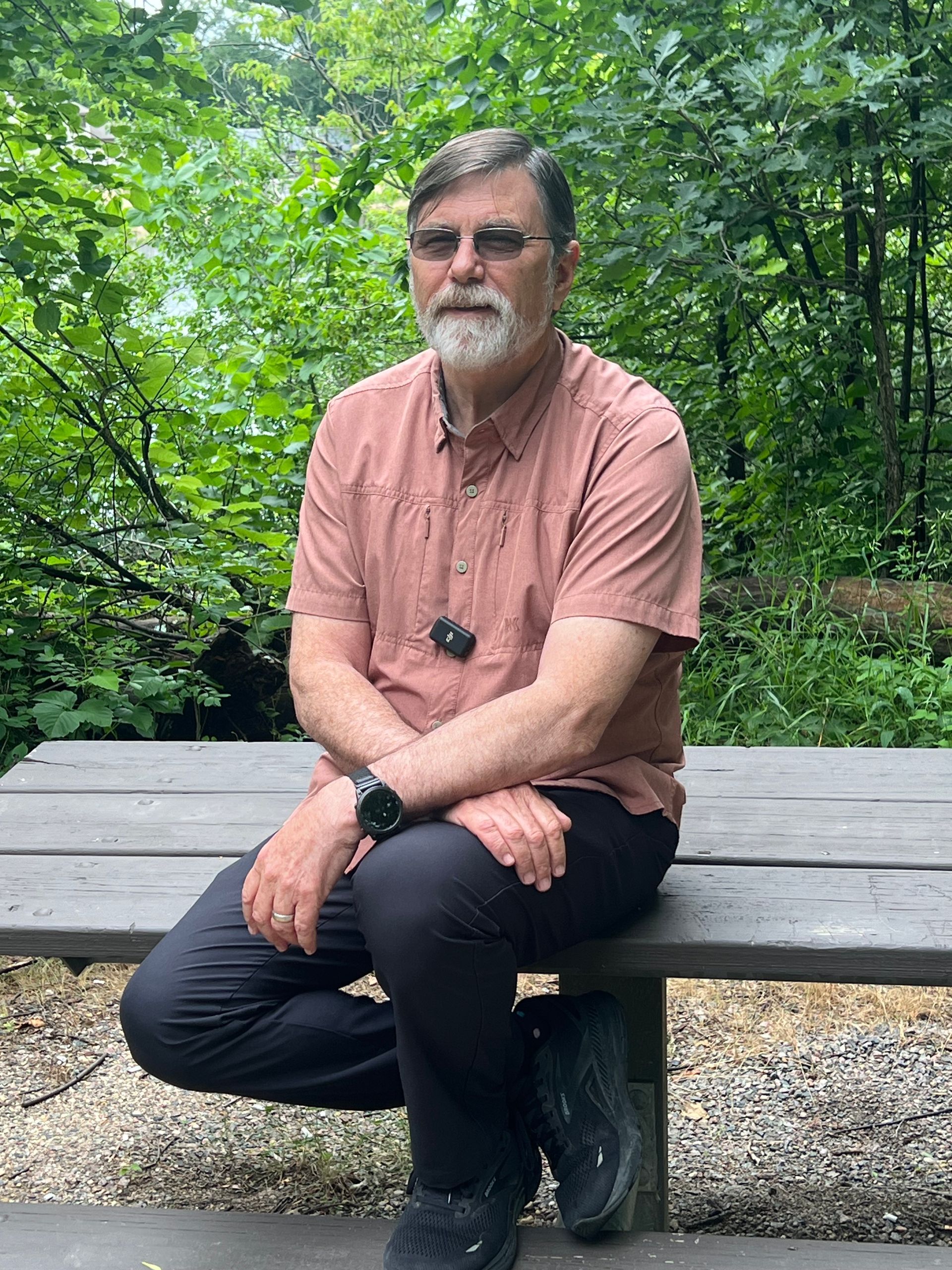Why Root Cause Medicine Changes Everything

In the world of conventional medicine, the diagnosis is the destination. You come in with a symptom—fatigue, pain, anxiety, high blood pressure—and leave with a diagnosis: depression, arthritis, IBS, hypertension. From there, the system offers a treatment designed to manage that label—often a medication, sometimes a specialist referral, occasionally a lifestyle handout.
But what if the diagnosis is just a description, not an explanation?
Root Cause Medicine asks a deeper question:
Why did this happen? And why now?
A Different Map of Illness
If you looked at my medical practice through the lens of conventional medicine, it might seem like I’m all over the map—working across psychiatry, cardiology, rheumatology, gastroenterology, neurology, and more. That’s because in traditional systems, chronic illness is divided into specialties, each focused on managing symptoms within a single organ or system.
But in root cause medicine, we work from a different map. We look at the interconnected web of biology—where the same underlying dysfunction can manifest across multiple domains of disease.
Take inflammation, for example:
- In the brain, it may present as anxiety, depression, or cognitive decline.
- In the cardiovascular system, it contributes to hypertension and atherosclerosis.
- In the gut, it might show up as IBS or IBD.
- In the joints, it drives arthritis.
If you’re only looking through the lens of conventional diagnoses, these seem like separate diseases. But when you ask why, inflammation reveals itself as a common root—a fire smoldering beneath multiple symptoms.
The Power of Systems Thinking
Another powerful example is methylation, a vital biochemical process involved in detoxification, neurotransmitter synthesis, cardiovascular protection, hormone metabolism, and DNA expression.
Many patients carry genetic variants in the MTHFR gene, which impair their ability to convert key nutrients like folate and B12 into their active forms—5-MTHF (active folate) and methylcobalamin (active B12). This isn’t a simple deficiency. It’s a functional mismatch: the nutrients may be present, but the body struggles to use them effectively.
When methylation is impaired, the ripple effects can include:
- Elevated homocysteine (increasing cardiovascular risk)
- Poor detox capacity
- Mood disorders due to neurotransmitter imbalance
- Hormonal dysregulation
- Accelerated aging due to impaired DNA repair
All of these issues fall into different conventional specialties—but the root is the same: an impaired methylation cycle, often made worse by stress, toxins, and inadequate nutrient support in the right forms.
Toxins: Another Common Thread
Environmental toxins offer another example of root cause convergence. Mold toxins, heavy metals, pesticides, and plasticizers don’t just affect one system—they disrupt many.
- In the brain: cognitive fog, anxiety, and even neurodegeneration
- In the immune system: autoimmunity and chronic inflammation
- In the mitochondria: fatigue and metabolic dysfunction
- In the hormones: disrupted signaling and imbalance
From a conventional view, these symptoms belong to different specialties. But when you trace them upstream, you find a shared source—and therefore, a shared opportunity for healing.
Diagnoses Describe. Root Cause Explains.
Diagnoses can be helpful—they give us a language, a starting point. But they don’t tell us what’s broken or how to fix it.
Root Cause Medicine goes deeper. It looks at patterns, not parts. It sees the person, not the problem. And it seeks to restore the body’s natural capacity to heal by removing the barriers to wellness and rebuilding what’s been depleted.
The Bottom Line
The same root cause can manifest in a dozen different ways. That’s why I don’t limit my work to one specialty—because dysfunction doesn’t respect medical silos.
Whether it’s inflammation, methylation imbalance, toxic burden, or mitochondrial dysfunction, the real work of healing begins when we stop chasing labels and start listening for the story underneath.
That’s the promise—and the power—of Root Cause Medicine.
-Dr. Sult












